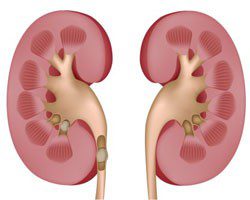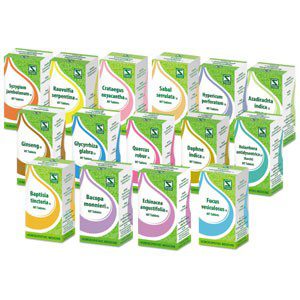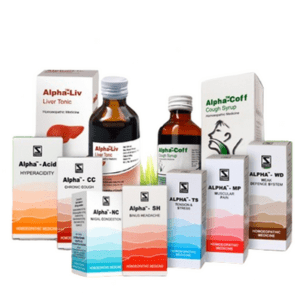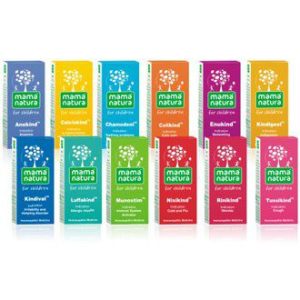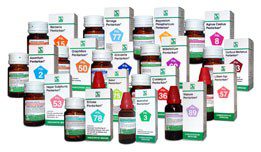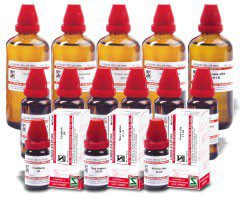Doctors Zone
Journal (JEBH)
Alpha™- Liv Drops
Alpha – Liv Drops Due to high demand from the market, for a formulation in drops for the liver, apart from the syrup already available in the market, Schwabe India developed this product. Introduction The liver plays a key role in metabolism. It has anabolic and catabolic, exocrine and endocrine functions. The liver is a blood reservoir, filter and store of different substances (e.g. glycogen, vitamins). It is the site of serum protein (e.g. albumin, prothrombin, fibrinogen) and enzyme synthesis. Metabolic processes (e.g. bilirubin, hormone, carbohydrate and lipid turnover) and the removal of toxic products are important liver functions. 1 Hepatotoxins (e.g. alcohol, tetracycline, acetaminophen, fungal toxins, and anabolic steroids) can cause specific damage to liver cells. Toxic hepatitis may be clinically silent or severe enough to lead to the rapid development of hepatic failure. Clinical features include hepatomegaly, enzyme abnormalities, fever, abdominal pain, anorexia, nausea, vomiting and weight loss. In patients with underlying cirrhosis, manifestations of portal hypertension may predominate. Aversion to fatty food, abdominal discomfort, nausea and vomiting after meals may be symptoms of 2 cholelithiasis. Jaundice results from accumulation of bilirubin. It has non-hepatic as well as hepatic causes. Hyperbilirubinaemia may be due to abnormalities in the 3 formation, transport, metabolism or excretion of bilirubin. TM Alpha -Liv Drops aids recovery and normalisation of liver functions. Severe liver disease needs specialised treatment. Indications: Slow liver functions, fatty liver, and for supportive treatment of hepatocellular jaundice and toxic liver damage.

CME program organised by Schwabe India at Kolkata
Back
Schwabe News :: Volume 6 | Issue 7-9 | July – September 2015
CME program organised by Schwabe India at Kolkata
Kolkata is the place where the use of homoeopathy is at the top in the country. The state was the first to constitute a Homoeopathic State Faculty in 1943. When we at Schwabe India thought of conducting a CME program, it was Kolkata which came to our mind first. Schwabe India succeeded in organising the CME on 13th September 2015 at the Hotel Hindusthan International, Kolkata. The program was attended by around 250 homoeopaths. Honourable Justice Mr. Asok Kumar Ganguly had graced the occasion as Chief Guest and Dr. D. B. Sarkar, AD(H), Dr. Anjali Chatterjee Regional Research Institute for Homoeopathy, under CCRH, was the Guest of Honour. In the beginning Mr. V. B. Shukla, National Sales Manager of Schwabe India had welcomed the gathering by his warm notes, which was followed by a short presentation on ‘Select your right remedy… of right quality’ by Dr. R. Valavan, Manager – Scientific Affairs, Schwabe India.
The main speaker Dr. Sunirmal Sarkar had given an enlightening lecture on ‘Smaller remedies in chronic diseases’. Attending practitioners kept on requesting Dr. Sarkar for his valuable clinical tips without minding the lunch break. The post-lunch session started with Dr. Anirban Sukul’s research oriented presentation on the ‘Homoeopathic potencies, their biological effects and possible physical basis’. It was interesting to know how good response is received from even plants and animals when administered homoeopathic medicine. Many studies such animal and plant studies done by his team have solidly proved the efficacy of ultra-high dilutions. The Zonal Sales Manager, East Zone, Schwabe India, Mr. Abhijit Bhaumik had given the vote of thanks. At the end, there were lottery coupons of attendees conducted and the prizes were distributed.
Recent Advancements in Basic Homeopathic Research – A Report on Two Significant Publication
In a study conducted at the Experimental Farm of the State University of Santa Catarina, Brazil, researchers investigated the impact of homeopathic treatments on piglets during the nursery phase. The study aimed to determine whether homeopathic agents could reduce fighting behavior, improve growth performance, and affect hematological, metabolic, and oxidative variables. The study included 108 weaned piglets divided into four groups: a negative control group receiving only the basal diet, and three groups receiving different homeopathic treatments at varying dosages.
Journal of Evidence Based Homeopathy Volume: 1, Issue: 1, January - June 2023
Comprehensive articles

Agrohomeopathy – A Review
Short cases

Unmasking the Intricacies: A Pyogenic Abscess Case Report

Lichen Simplex: A Singular Case Study

Ranula Unveiled: A Case Report and Management Approach

Lichen Simplex: A Singular Case Study

A Puzzling Presentation: A Case Report of Jaundice
Recent provings and updated materia medica

Acidum Formicum

Mygale

Thea Chinensis
Materia medica on phytohomeopathy

Chrysarobinum

Sanguinarinum nitricum

Thiosinaminum
Mother tincture

Asparagus Officinalis

Ginkgo Biloba

Rosmarinus Officinalis
Product watch

Alpha™- Liv Drops

Good Morning™ Constipation Drops

Zauber™ Hair Drops
Research News











